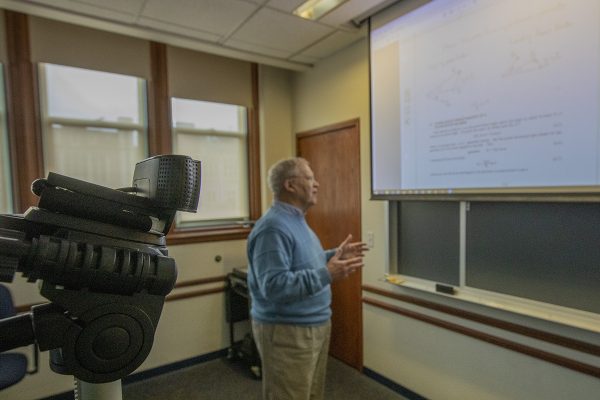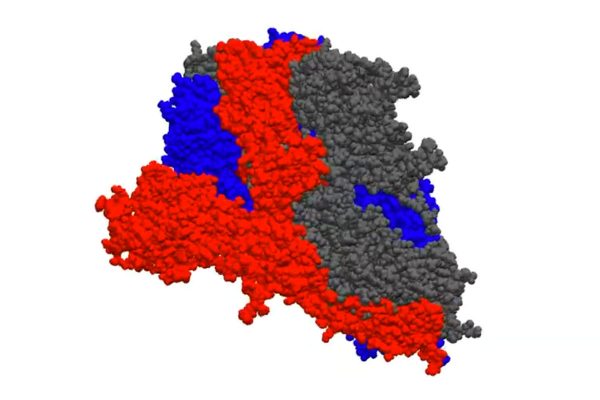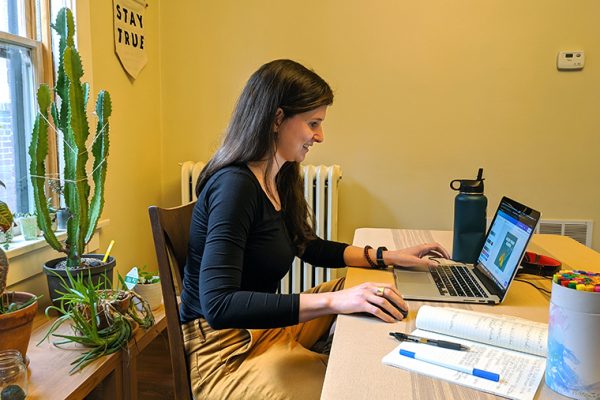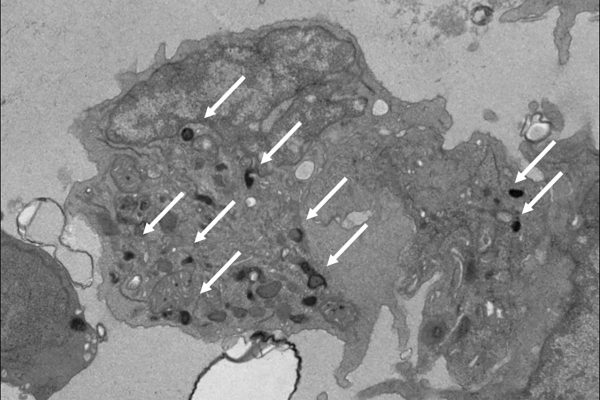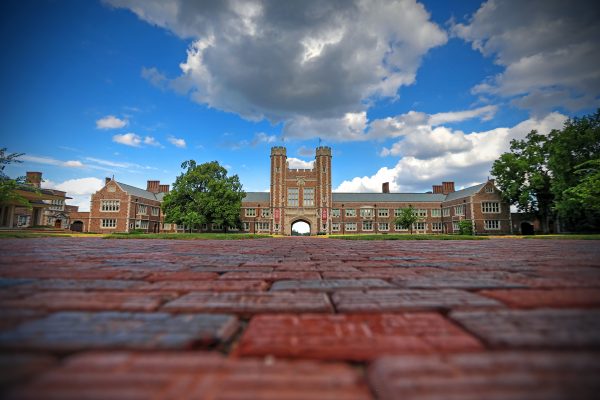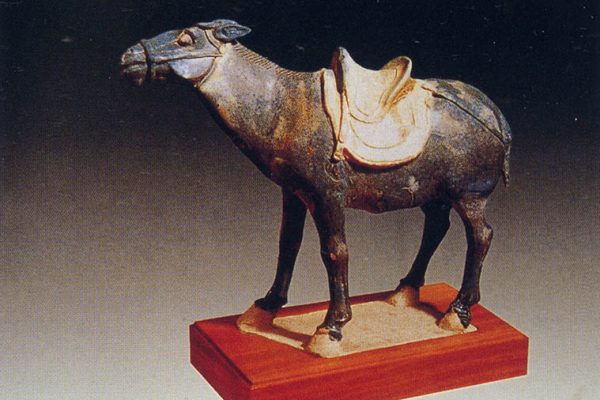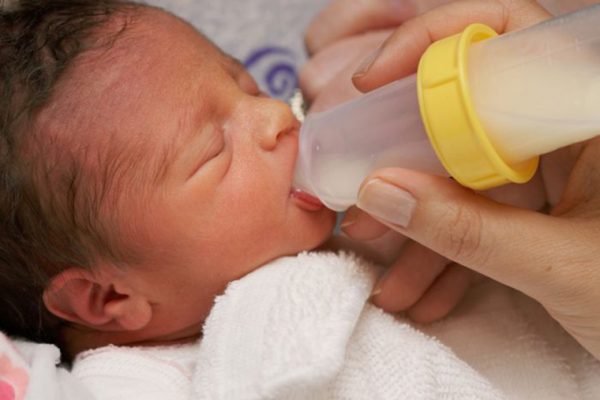Handing out checks gives ‘no overall economic benefit’
The U.S. Senate, with significant prodding from the Trump administration, is working on a plan to directly provide cash assistance to millions of Americans amid the economic fallout from the COVID-19 pandemic. Experts in economics and finance from Washington University in St. Louis’ Olin Business School weigh in on how it could help housing and households and maybe pay some bills — but still not answer the problems at hand.
Faculty adjust to online instruction with help from Center for Teaching and Learning
As faculty, students and staff come to grips with a new reality, the Center for Teaching and Learning at Washington University in St. Louis has leapt into action to help make the sudden, universitywide transition to online learning.
Crowdsourced supercomputing project sets sights on coronavirus
Among the research programs racing to develop therapies and vaccines for the new pandemic virus COVID-19 is one of the largest crowdsourced supercomputing projects in the world. Led by computational biophysicist Greg Bowman, at Washington University School of Medicine, the project is called Folding@home.
Reaching students where they are
Campus life at Washington University in St. Louis has been upended in the wake of coronavirus, but the Habif Health and Wellness Center is doing everything it can to reach students and provide consultation and support.
Immunotherapy using ‘young cells’ offers promising option against cancer
Nautral killer (NK) cells may be more effective as immunotherapy for cancer treatment than adult NK cells that come from bone marrow, according to a new study from the School of Medicine.
Coronavirus alters Washington University history
In the wake of the global crisis set into motion by COVID-19, extraordinary actions were put into place involving almost every aspect of Washington University life, including remote learning, working — and living.
WashU Expert: Stuck in the house for a while? Here are some tips
As schools and entertainment venues close due to the coronavirus outbreak, many of us are seeing our social circles reduced quite significantly. An expert on social support at Washington University in St. Louis offers a few evidence-based suggestions for thriving during household isolation.
Washington University cancels Commencement due to COVID-19 concerns
Washington University has canceled its 159th Commencement, which had been scheduled for Friday, May 15, due to the continuing global crisis of the coronavirus (COVID-19) pandemic, according to Chancellor Andrew D. Martin.
Tang Dynasty noblewoman buried with her donkeys, for the love of polo
A noblewoman from Imperial China enjoyed playing polo on donkeys so much she had her steeds buried with her so she could keep doing it in the afterlife, archaeologists found. This discovery by a team that includes archaeologist Fiona Marshall at Washington University in St. Louis is published March 17 in the journal Antiquity.
Breast milk may help prevent sepsis in preemies
Researchers at Washington University School of Medicine and Mayo Clinic in Rochester, Minn., have found — in newborn mice — that a component of breast milk may help protect premature babies from developing life-threatening sepsis.
View More Stories

